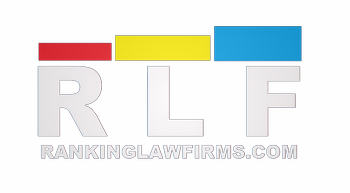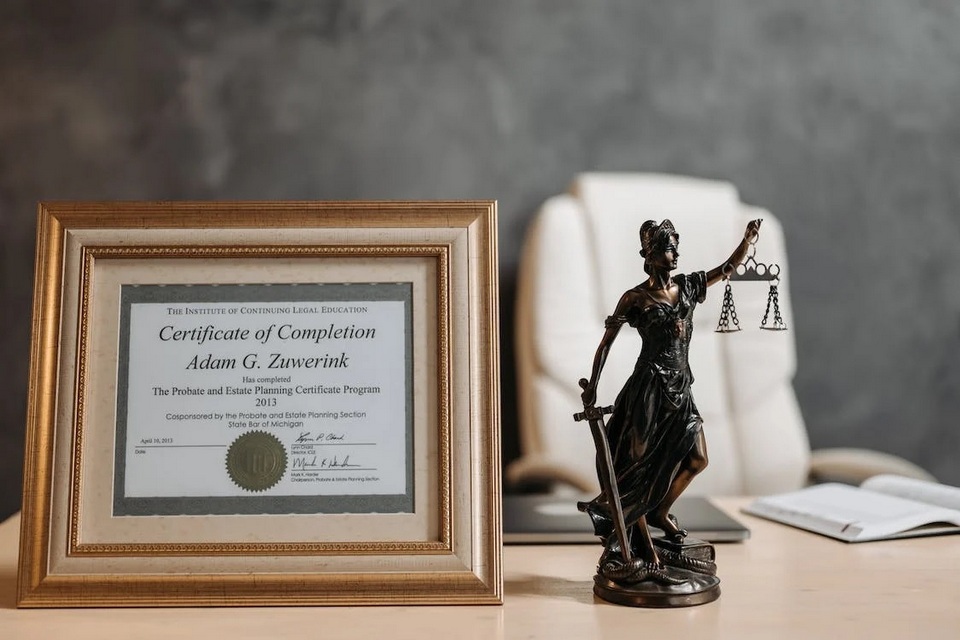Last Updated on March 31, 2024 by Ranking
The question of whether a good lawyer can also be a good person has been a subject of debate and reflection in the field of legal ethics. In this article, we will delve into the various perspectives and strategies presented in the reference articles to shed light on this complex issue. We will explore the tensions between institutional morality and individual morality, as well as the concepts of integrity and the role of distance in legal practice.
The Conflict between Institutional and Individual Morality
The conflict between institutional morality and individual morality poses a fundamental dilemma for lawyers. Charles Fried raises the question of whether fulfilling the obligations of the legal profession may conflict with one’s personal values and obligations in other areas of life. This conflict has been the subject of debates and discussions among legal scholars and practitioners.
One strategy for addressing this conflict is to prioritize the integrity of the legal profession. Advocates of this approach argue that lawyers should adhere to institutional norms and rules, even if they may be perceived as morally questionable by the general public. They emphasize the distinctiveness of institutional morality and its separation from individual morality. According to this perspective, one can be a good lawyer by faithfully fulfilling the professional obligations and responsibilities defined by the legal system.
Another strategy emphasizes the importance of maintaining distance from the role of being a lawyer. Proponents of this approach argue that lawyers should not let their professional obligations overshadow their personal values and judgment. They believe that maintaining a level of distance allows lawyers to navigate the tensions between institutional expectations and individual moral assessments.
The Role of Professionalism in Legal Ethics
The challenges of balancing institutional and individual morality are particularly evident in the legal profession. Rosalind Hursthouse identifies two primary issues that lawyers face: the tension between zealous advocacy and the duty to protect confidentiality. These situations often involve conflicting evaluations of actions from a societal perspective and a legal perspective.
For example, the value of human dignity may require a lawyer to refrain from certain actions, such as cross-examining a witness aggressively. Similarly, the value of truthfulness may argue against lying or withholding information. These societal values may conflict with the role-based demands of the legal profession.
The tension between these societal values and role-based demands can lead to conflicting assessments of moral actions. Some actions that are permissible or even recommended within the professional context may be morally questionable or criticized from a broader societal perspective.
Strategies for Resolving the Conflict
To address the question of whether a good lawyer can be a good person, scholars have proposed various strategies. Two primary approaches emerge: the integrity-based approach and the distance-based approach.
The integrity-based approach advocates for lawyers to prioritize institutional morality and identify with the roles and responsibilities of their profession. Proponents of this approach argue that acting in accordance with role-based requirements does not necessarily compromise one’s personal integrity. They emphasize the distinctiveness of professional ethics and the need to align one’s actions with institutional norms.
On the other hand, the distance-based approach emphasizes the importance of maintaining distance from the role of being a lawyer. Supporters of this approach believe that lawyers should not solely define themselves by their professional roles. They argue that by maintaining a level of distance, lawyers can preserve their personal values and make moral judgments that may differ from the expectations of their role.
The Concept of Integrity in Legal Practice
The concept of integrity plays a crucial role in understanding the relationship between being a good lawyer and being a good person. Benjamin C. Zipursky provides a comprehensive understanding of integrity, encompassing its axiological, identity-based, and regulatory-control dimensions.
Integrity, in an axiological sense, refers to the coherence and consistency of values across various spheres of activity. It implies that regardless of the role one occupies, there should be a consistent set of values guiding one’s actions. This understanding of integrity suggests that it is possible to maintain the same set of values irrespective of the role one is fulfilling.
In a regulatory-control sense, integrity involves the absence of a separation between different spheres of activity. This understanding of integrity can lead to the dominance of one sphere, such as the professional sphere, over others. It may result in the assimilation of personal life into professional life, potentially compromising the integrity of both.
The concept of integrity also encompasses an aksjologiczny aspect, which emphasizes the coherence of values. It implies that there are reasons guiding one’s actions that maintain consistency in different spheres of activity. However, the sources of these values may differ, ranging from institutional morality to societal-individual morality.
The Two Approaches: Integral and Distance
The integral approach considers the fulfillment of institutional obligations as the basis for being a good lawyer. It emphasizes the importance of adhering to professional norms and standards, even if they diverge from societal or individual moral assessments. Proponents of this approach argue that being a good lawyer entails upholding the values and responsibilities of the legal profession.
The distance approach, on the other hand, emphasizes the separation of different spheres of activity and the recognition of the limitations of role-based obligations. Lawyers adopting this approach believe that maintaining distance allows them to preserve their personal values and exercise individual judgment. They argue that being a good person should not be contingent upon fulfilling the demands of the legal profession.
Exploring Different Perspectives
Within the two primary approaches, several perspectives offer nuanced understandings of the relationship between being a good lawyer and being a good person.
One perspective, represented by Rosalind Hursthouse, advocates for integrating different spheres of activity and achieving integrity. According to this perspective, being a good lawyer involves aligning one’s actions with societal values while fulfilling professional obligations. It recognizes the interplay between personal life, professional life, and social engagement.
Another perspective, represented by Justin Oakley and Dean Cocking, emphasizes the external standards of a profession as the guiding principles for being a good lawyer. These standards, such as the pursuit of justice, transcend individual and institutional expectations. Lawyers adopting this perspective aim to optimize legal regulations and promote justice in their professional practice.
Conclusion
The question of whether a good lawyer can be a good person encompasses complex ethical considerations. The tensions between institutional morality and individual morality, as well as the concepts of integrity and distance, shape the discourse surrounding this question.
While the integrity-based approach emphasizes the adherence to institutional norms and responsibilities, the distance-based approach highlights the importance of maintaining personal values and judgment. These approaches offer different perspectives on the relationship between being a good lawyer and being a good person.
Ultimately, the resolution of this question rests on the individual lawyer’s interpretation and application of ethical principles. By critically engaging with these perspectives and reflecting on their own values, lawyers can navigate the challenges of legal practice while striving to be both effective professionals and good people.




